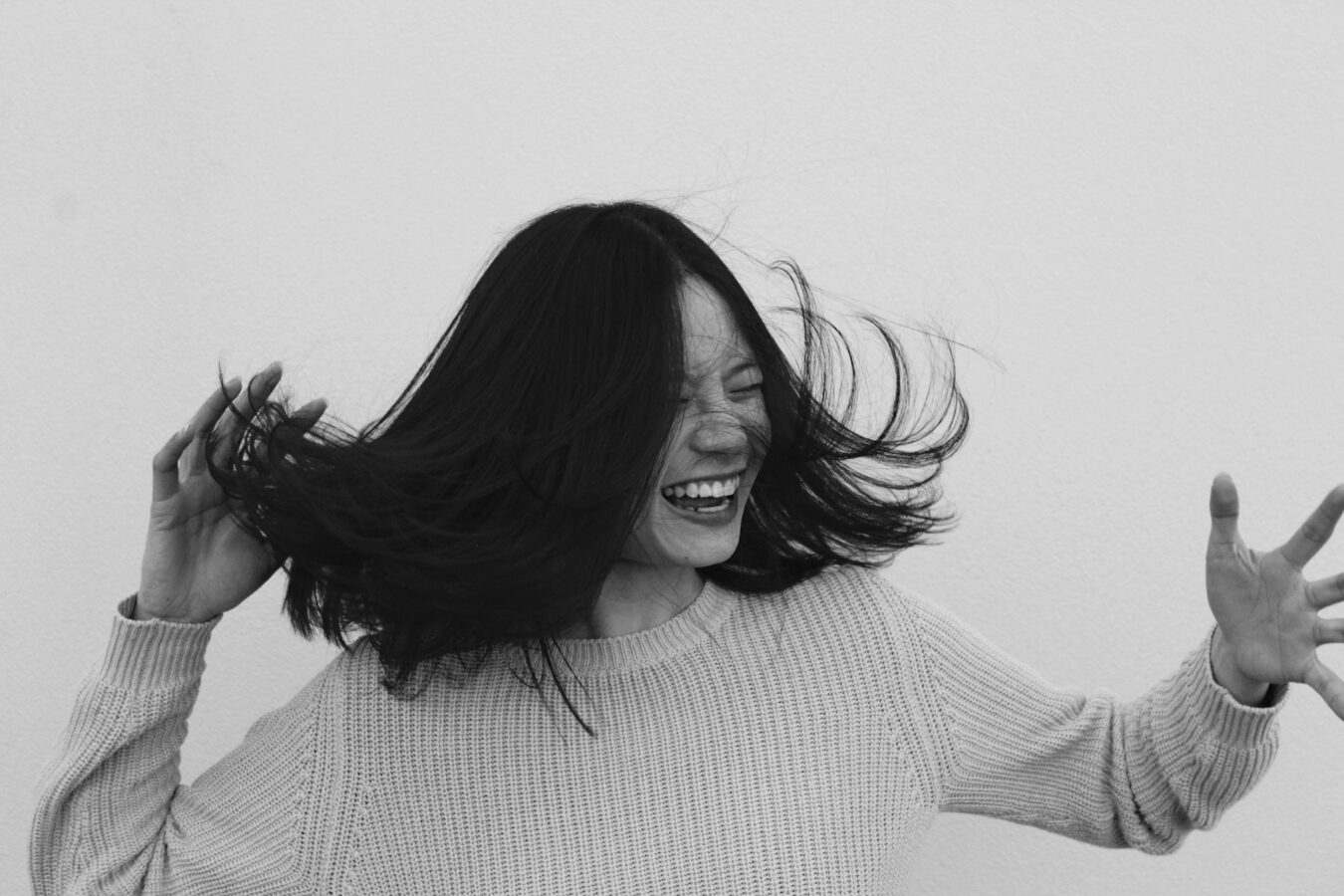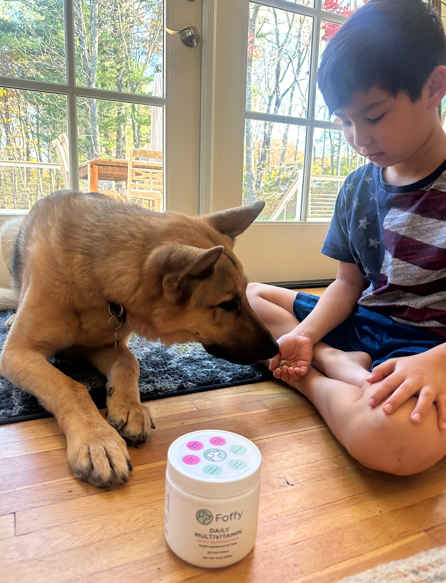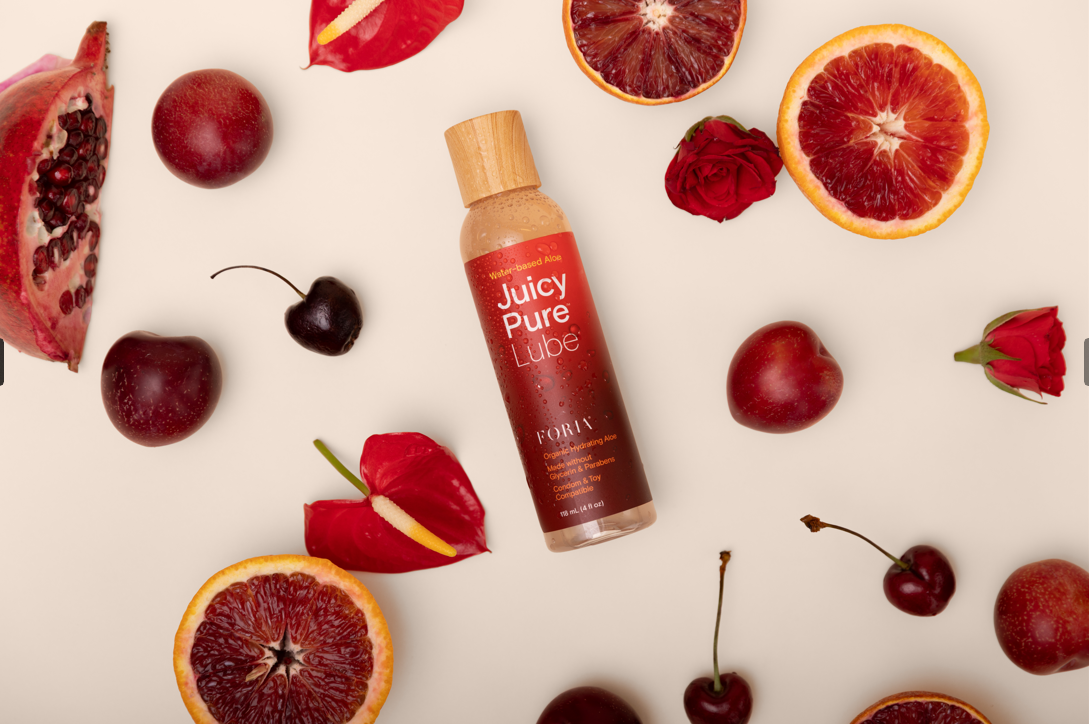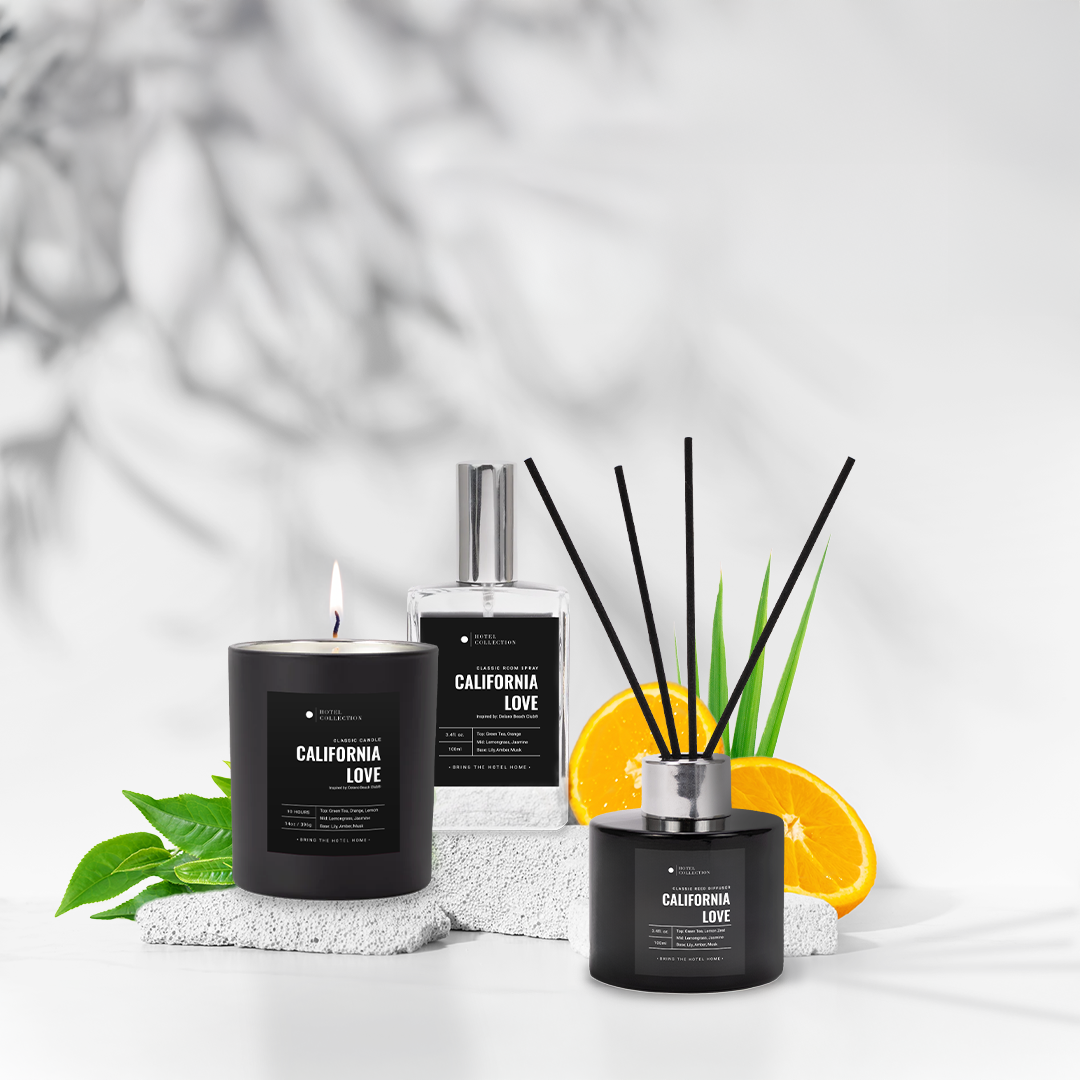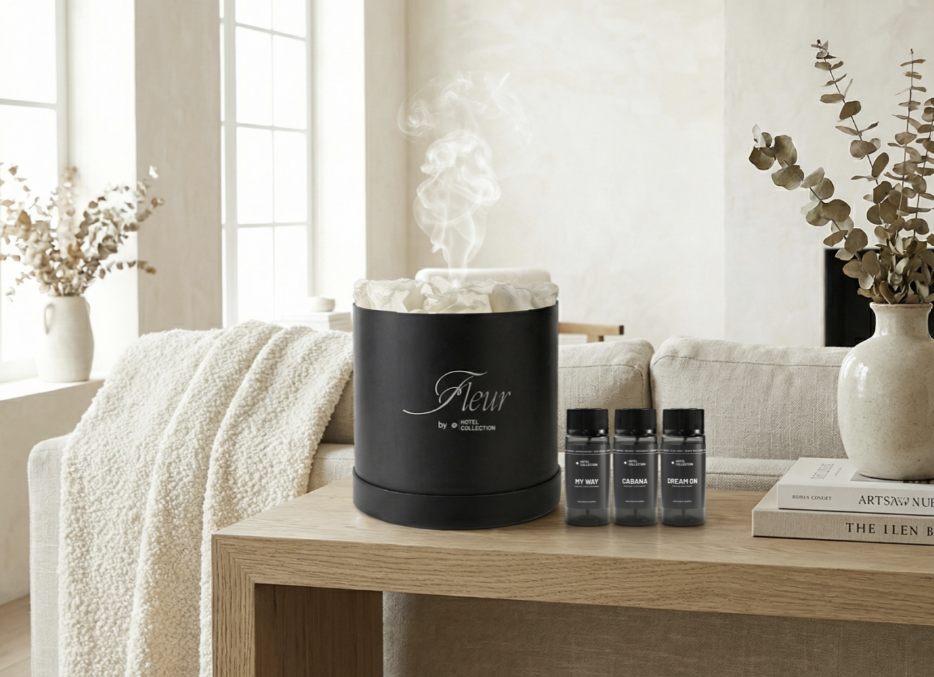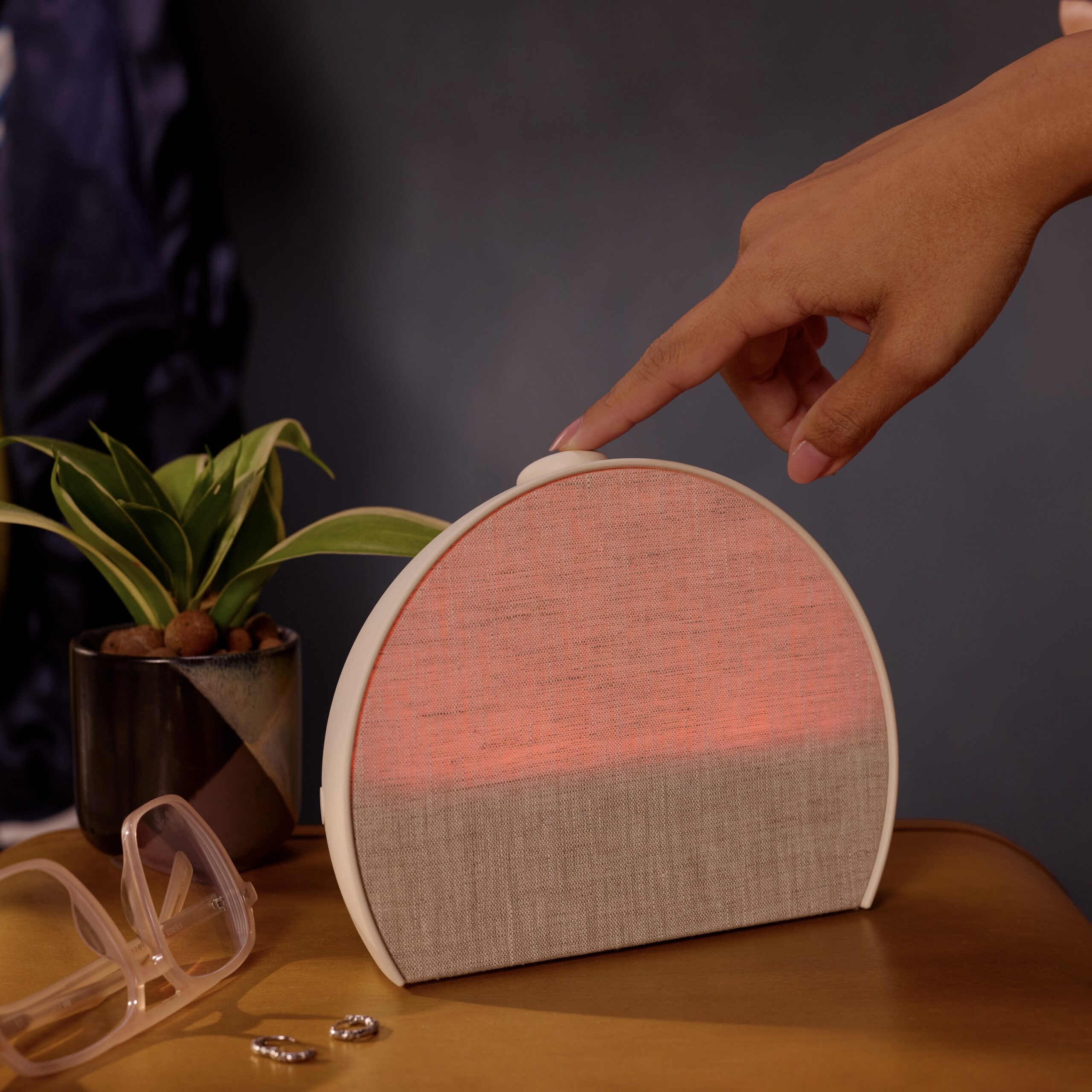Writing her sophomore album Crushing made Julia Jacklin realize “how not very special” she is. “Everyone has experienced this in some way or another,” she told NPR, “which is really nice to feel.” In some ways, Crushing (released yesterday) is a standard breakup album, with each of its eleven tracks traversing the intimacies of a disintegrating relationship.
But one of the Sydney-born musician’s most singular talents is her ability to make the quotidian feel raw and devastating. She has a knack for condensing relatively unremarkable moments into searing metaphors that do justice to the intensity of the everyday. These are songs about houses, ordinary people, and unsaid words; they take place in a world that is very real, but that also—in some moments—seems to hang just outside of time.
Crushing is about a breakup, but it’s just as much about the simultaneously private and universal experience that is existing in a body. Jacklin’s songs function as microscopes, with the body as a focal point. She pays special attention to the experience of being a woman, exploring the ways that the female body can feel like a cage and means of escape at the same time.
The first track, “Body ,” opens with a pulsing bassline and lullaby-soft vocals. Jacklin has an unassuming voice that conjures images like warm honey or bonfire smoke, but this softness is made intense through juxtaposition against dark, moody instrumentation and searing lyrics. The song tells the story of a breakup that takes place on an airport tarmac after getting kicked out of the plane because “you could not get through a domestic flight without lighting up in the bathroom.” But this isn’t a one-time thing; this is a breaking point. “I’m not a good woman when you’re around,” she says, and it’s over.
Julia Jacklin – Body (Official Music Video)www.youtube.com
The rest of the album swirls around the fallout from this decision, taking a microscopic lens to the internal fears that define a major life change, sticking to the inner realms of flesh and mind. Rooms and bars and restaurants flicker in and out, but always, there’s the body, a consciousness of its weight, its sins or ecstasies, the imprint of where it’s been.
On the tarmac, as she’s walking away, she remembers an incriminating photo. “Do you still have that photograph? Would you use it to hurt me?” she asks. “Guess it’s just my life. And it’s just my body.”
In explaining the song to Consequence of Sound, she said, “I was like, I can’t try and explain to people anymore what it feels like to sometimes be a woman, and the things that are very specific to our experience in the world. I was just a bit exhausted by it.” That final line is ambiguous, both defeated and quietly strong.
From there, “Head Alone” and “Pressure to Party” are both vitriolic, both grainy guitar-driven bops that follow a woman testing her voice after realizing that she’s completely lost her autonomy in her relationship. “I don’t wanna be touched all the time,” she says in the first track, a rallying cry for the validness of boundaries. The next track is a screw-you to everyone pressuring her to leave her bedroom and “put herself out there” again. She’s not ready for that, as shown by the next track, which finds her firmly in the trenches. “Don’t Know How to Keep Loving You” is an expansive, moody ballad, the kind meant for swaying in an empty house, half-drunk bottle of wine in hand. It’s a ghostly, sweeping memorial that builds up to a roaring storm, led by Jacklin’s wailing guitar, and it has an element of West Coast rock, strangely reminiscent of “It’s Good to Be King” by Tom Petty. The song is reminiscent of a lot of things. At first listen, Jacklin’s music can seem unremarkable, or at least unassuming. Her compositions aren’t showy or elaborate, nor is her production exquisitely glossy or experimental.
Julia Jacklin – Head Alone (Official Video)www.youtube.com
Julia Jacklin – Pressure To Party (Official Video)www.youtube.com
But her songs have an uncanny ability to grab on, to linger, to get under the skin. The tracks are imbued with a kind of magic; in a way, they’re like keys, crafted to unlock secret rooms of human emotion. This feeling is partly thanks to the songs lyrical complexity. “Don’t know how to keep loving you, now that I know you so well,” she sings—there’s no idealization of the self or the lover here, no full reclamation of some feminist ideal; there’s only the shaky ground of trying to find oneself, the crescendos and wrong turns, the stumbling, faltering. The songs’ beauty is also thanks to the seamlessness of their melodic structures, which maintain a vaguely beachy, coastal smoothness in spite of their heart-wrenching thematic content.
Julia Jacklin – Don’t Know How to Keep Loving You – 1/24/2019 – Paste Studios – New York, NYwww.youtube.com
The next track, “When the Family Flies In,” is the most dismal and grey track on the album, it feels like lying beside a screen door on a rainy day, staring at a fan spin round and round. It sounds sort of like something you’ve heard before.
In short, it sounds old, and this old-timey, domestic nostalgia finds its way into “Convention,” a finger-picked guitar ballad, which turns out to be the last nod to wallowing. At last, “Good Guy” offers a ladder out of the hole, a look to the future. It tells a story of a tentative re-entry into love, albeit via a meaningless fling. “Tell me I’m the love of your life, at least for one night. Even if you don’t feel it,” she says, inverting the traditional narrative in which the woman falls headfirst for the man’s false promises. But Jacklin has never played innocent or naïve. Her debut album, Don’t Let the Kids Win, sounded like it was written by someone who had already been old—full of blunt world-weary wisdom, it worked like Crushing in that every song spoke about ordinary experiences in ways that felt fresh and alive.
Julia Jacklin – Don’t Let The Kids Win (Official Video)www.youtube.com
The last third of the album veers back into indie rock territory, starting with “You Were Right,” a tongue-in-cheek acknowledgment that her former flame’s favorite restaurant was actually good. It’s you’re-an-asshole combined with a fine-you-were-right-about-some-things surrender flag.
The next track, “Turn Me Down,” begins with a chilled-out groove but offers the album’s most drastic climax, with Jacklin almost screaming the song title at its peak. In the narrative structure of the song, the phrase “Turn Me Down” might mean please leave me, we aren’t good for each other but I don’t want to be the one to say it. But hearing Jacklin scream those lines feels like a gesture of irony that belies a desire to run free, to shred and scream—fighting against the fear of being too much that confines so many people, especially female musicians (so often offered weird sexual bargains, if the recent Ryan Adams expose shows us anything), to silence.
The final track is further proof that Jacklin is a master of the paradox. “Comfort” is both hopeful and frail. Her voice is smooth and frayed at the edges; the hiss of a home recording device floods the whole track with static. The video reflects this balance of innocence and experience, taking place at an empty playground that looks like it’s about to be drenched by a rainstorm. It follows Jacklin as she wanders around in pale pink, promising herself that someday she’ll be able to sleep through the night and that the lover she left—that lover who caused so much pain, but whom she ultimately still cares for—is going to be fine.
Julia Jacklin – Comfort (Official Video)www.youtube.com
“Comfort” leaves behind the righteous, simmering fury that defined the rest of the album. Now that she’s gotten her body back—having performed the difficult work of retrieving her selfhood from the throes of a destructive relationship, and having reclaimed her body and mind from a world that constantly polices women’s bodies and pits them against each other—she’s able to empathize, to think beyond herself, and able to begin to love again.
Eden Arielle Gordon is a writer and musician from New York. Follow her on Twitter at @edenarielmusic.
POP⚡DUST | Read More…
Finally, It Seems like R. Kelly is Getting His Due
Vampire Weekend Unveils Harmony Hall Video
- MUSIC MONDAY | Marsicans get our week started – Popdust ›
- RELEASE RADAR | New Video From Salt Ashes – Popdust ›
- Top 10 Hottest Music Videos of All Time – Popdust ›
- PREMIERE | Ben Millburn Drops ‘Call Me King’ – Popdust ›
- PREMIERE | VOLK Drops Music Video for ‘Honeybee’ – Popdust ›
- Popdust’s Best of 2018: Music – Popdust ›
- Popdust ›
- Popdust – MUSIC ›
